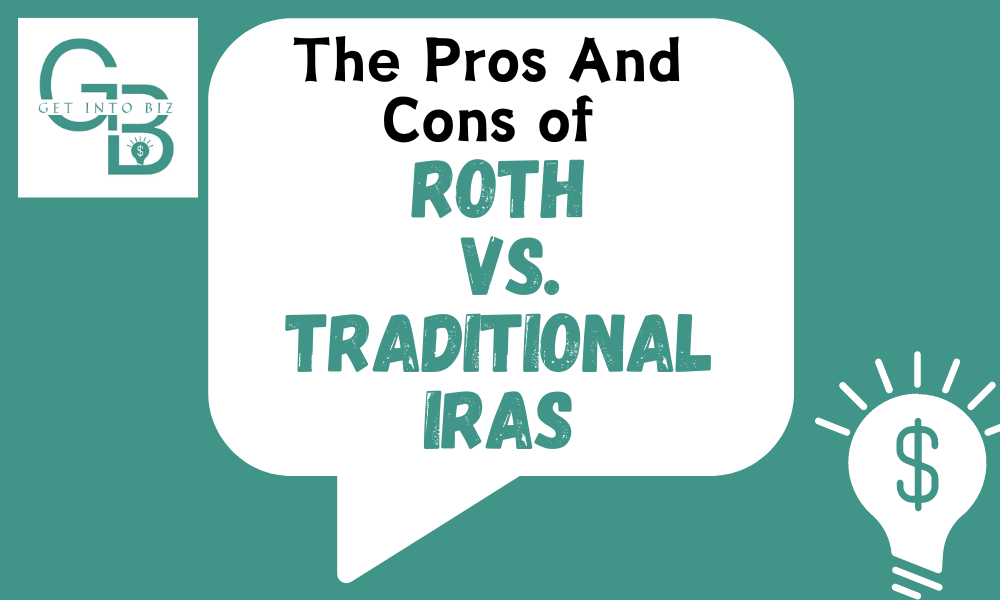Exploring alternative investments involves considering non-traditional options like real estate, commodities, or private equity. These investments offer diversification and potentially higher returns but also come with higher risks.
As the investment landscape continues to evolve, many investors are turning to alternative investments to diversify their portfolios and potentially achieve higher returns. Alternative investments encompass a wide range of options outside of traditional stocks and bonds, including real estate, commodities, hedge funds, private equity, and more.
While these investments can offer the potential for higher returns and portfolio diversification, they also come with higher risks and complexities. Understanding and exploring the world of alternative investments is crucial for investors looking to expand their investment horizons and potentially enhance their overall portfolio performance.
Table of Contents
ToggleWhat Are Alternative Investments?
Discovering alternative investments brings new opportunities for diversifying your portfolio beyond traditional stocks and bonds. These investments encompass commodities, real estate, hedge funds, and private equity, potentially offering higher returns and lower correlation to the stock market. Exploring alternative investments may provide a way to mitigate risk and enhance your investment strategy.
Definition Of Alternative Investments
Alternative investments are non-traditional investment options, allowing investors to diversify their portfolios beyond traditional stocks and bonds. These investments can offer unique opportunities to grow wealth and mitigate risk, appealing to those who seek higher returns or want to explore new sectors of the market.
Types Of Alternative Investments
Alternative investments span a wide range of asset classes, each with its own characteristics and potential returns. Here are some common types of alternative investments:
Hedge Funds
Hedge funds are investment partnerships that pool funds from multiple investors and employ varied investment strategies. They have the flexibility to invest in different financial instruments and markets, aiming to generate returns that outperform the broader market.
Private Equity
Private equity involves investments in privately held companies that are not traded on public stock exchanges. These investments are usually held for the long term, with the goal of acquiring a significant ownership stake in a company and driving its growth and profitability.
Real Estate
Real estate investments can include residential or commercial properties, real estate investment trusts (REITs), or even real estate crowdfunding platforms. Investors can earn returns through rental income, property appreciation, or dividends from publicly traded REITs.

Commodities
Commodities include physical assets such as gold, oil, natural gas, or agricultural products. Investing in commodities often involves trading futures contracts or buying shares of commodity exchange-traded funds (ETFs), allowing investors to gain exposure to the price movements of these raw materials.
Art and Collectibles
Investing in art and collectibles, such as fine art, rare coins, or vintage cars, can appeal to those who appreciate the aesthetic value and potential for long-term appreciation. However, these investments require specialized knowledge and careful consideration of authenticity, provenance, and market demand.
These are just a few examples of alternative investments, and there are many more options available to suit different investment objectives and risk appetites. Before investing in alternative assets, conducting thorough research, assessing the associated risks, and consulting with a financial advisor if needed is important.
Benefits Of Diversifying Your Portfolio
Explore the benefits of diversifying your portfolio with alternative investments. Diversification can help minimize risk and potentially improve overall returns. Including assets like real estate, commodities, or private equity alongside traditional investments can enhance your investment strategy. Diversifying your investment portfolio is crucial for reducing risk and maximizing returns.

Reduces Risk
Diversification across different asset classes lowers the impact of a single investment’s performance. By spreading your investments, you can reduce the blow from market fluctuations.
Provides Potential For Higher Returns
Having a mix of investments can lead to better overall returns over time. Certain assets may perform well when others are underperforming, balancing your portfolio. Incorporating alternative investments such as real estate or commodities can enhance diversification.
Traditional Investments Vs. Alternative Investments
Discover the contrast between Traditional Investments and Alternative Investments. Diversify your portfolio by exploring unique investment avenues beyond the conventional options. Embrace alternative investments to potentially yield higher returns and mitigate risk in your investment strategy.
When investing, it’s essential to consider the differences between traditional and alternative investments. Traditional Investments, such as stocks, bonds, and cash, are well-known and have been the go-to choice for many investors. On the other hand, Alternative Investments encompass a wide range of assets, including real estate, commodities, and private equity, offering investors an opportunity to diversify their portfolio beyond the stock market.
Characteristics Of Traditional Investments
Traditional investments are characterized by their high liquidity, meaning they can be easily bought or sold in the market. Typically, these investments are subject to market fluctuations. They tend to offer more stability and are often regulated by governmental bodies. The returns on traditional investments are typically more predictable and may offer steady income in the form of dividends or interest payments.
Characteristics Of Alternative Investments
Alternative investments are known for their lower liquidity compared to traditional investments. These assets are not as easily traded on public markets and may have longer lock-up periods. Alternative investments often have a low correlation with traditional assets, providing a hedge against market volatility. They also have the potential for higher returns but are accompanied by higher risks.
Examples Of Alternative Investments
Real estate: Real estate is an alternative investment that involves purchasing properties to generate income or profit.
Private equity: Private equity is investing in privately held companies to provide capital in exchange for equity ownership.
Hedge funds: Hedge funds are investment funds that employ various strategies to generate returns for their investors.
Commodities: Commodities like gold, oil, and agricultural products are alternative investments that can be traded for profit.
Factors To Consider Before Investing In Alternative Investments
When it comes to investing in alternative investments, there are several factors that you should carefully consider. These factors will help you make informed decisions that align with your financial goals and risk tolerance. By evaluating your risk tolerance, time horizon, and liquidity needs, you can determine which alternative investments are most suitable for you. Let’s dive into each of these factors in more detail.
Risk Tolerance
Understanding your risk tolerance is crucial before venturing into alternative investments. This refers to your ability to withstand and accept potential fluctuations in the value of your investments. Alternative investments typically have a higher risk level than traditional investments like stocks and bonds. Therefore, assessing how much risk you are comfortable taking is essential.

Consider factors such as your financial goals, investment experience, and overall comfort level with market volatility. If you have a higher risk tolerance, you may be open to investments with potentially higher returns but also greater volatility. On the other hand, if you have a lower risk tolerance, you might opt for alternative investments that offer more stability, even if it means sacrificing potentially higher returns.
Time Horizon
Your time horizon refers to the length of time you expect to hold your investments before needing to access the funds. It is an important consideration as alternative investments often come with longer lock-up periods compared to traditional investments. Lock-up periods can range from a few months to several years.
To determine your time horizon, consider factors like your age, financial goals, and income needs in the future. If you have a longer time horizon, you might have more flexibility to invest in alternative assets that require holding periods of several years. However, if you anticipate needing the funds in the near term, it may be more suitable to allocate them to investments with shorter holding periods.
Liquidity
Liquidity refers to how quickly and easily an investment can be converted into cash without significantly impacting its market value. Alternative investments often have limited liquidity compared to more traditional investment options. This means that you may not be able to sell or exit your investment easily.
Consider your short-term and long-term liquidity needs before investing in alternatives. If you anticipate needing immediate access to your funds, alternative investments with restricted liquidity may not be the best choice. However, if you have a longer investment horizon and can afford to tie up your funds, alternative investments with limited liquidity may still be viable options.
In diversifying your portfolio, consider alternative investments for potential growth and risk management. From real estate to cryptocurrencies, explore various options beyond traditional assets. Remember to assess your risk tolerance and research thoroughly before making any investment decisions. Embrace the opportunity to expand your investment horizons wisely.








